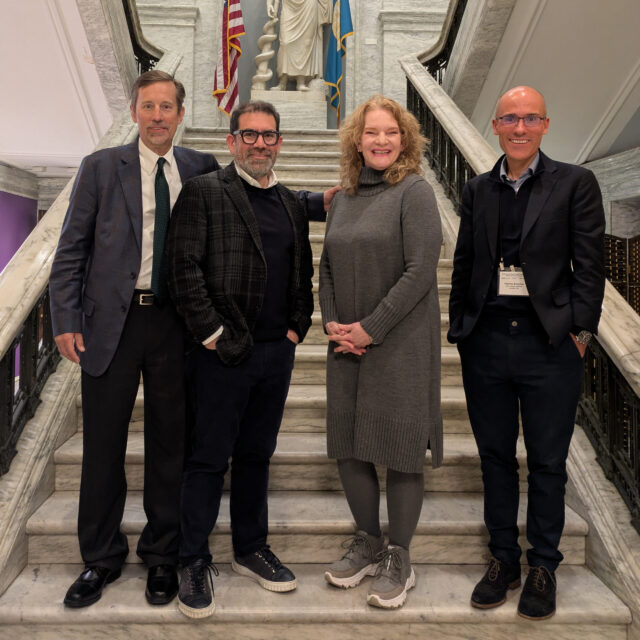
Despite significant advances in cancer therapy, early detection remains a critical challenge with an outsized impact on patient survival. For some cancers, routine screening has drastically reduced mortality and even provided opportunities for functional cures. However, aggressive cancers like pancreatic cancer, ovarian cancer, and glioblastoma remain challenging to diagnose until late stages, leading to poor prognoses. Factors such as small tumor size, a low mutational burden, the absence of symptoms, and anatomical barriers complicate the development of timely and effective diagnostic tests. These challenges are compounded by the limitations of current imaging technologies and the need for better biomarkers to detect cancer at its most treatable stages.
To address these obstacles, The Mark Foundation for Cancer Research, the American Association for Cancer Research (AACR) and the Lustgarten Foundation jointly convened a workshop in Philadelphia, PA, in January 2025. The workshop, titled “Early Detection of Difficult Cancers,” was organized by a team of leading experts: Luis Diaz, MD of Memorial Sloan Kettering Cancer Center, Elaine Mardis, PhD of Nationwide Children’s Hospital, Charles Swanton, MBPhD, FRCP, FMedSci, FAACR, FRS of the Francis Crick Institute and University College London Cancer Institute, and David Tuveson, MD, PhD of Cold Spring Harbor Laboratory.
The workshop brought together a diverse group of researchers, clinicians, and industry experts who explored novel methodologies and interdisciplinary approaches to enhance our capacity to identify cancer at its onset. Sessions focused on evaluating risk and predisposition for cancer; technology innovations that can catch potentially dangerous lesions early; disease interception; and advancements in clinical trial design.
In February 2026, the foundations—with additional support from Break Through Cancer, and The Honorable Tina Brozman Foundation (Tina’s Wish)—announced six $2 million grants to collaborations emerging from the workshop. Learn more here.




